Is there a soundtrack for our modern world? What does it sound like to be at odds with Corporate America? To be living in the aftermath of a global pandemic? These points of contention are explored in the music of Brooklyn-based band, MAN LEE. Rock-pop duo Sam Reichman and Tim Lee channeled the everyday discomfort of being alive among political turbulence into Hefty Wimpy, their debut full-length album released on March 7.
The name of the LP, Hefty Wimpy, was partially taken from the 1986 Hefty trash bag commercial that used clever slander as a marketing ploy in the form of adjectives ending in “y.” Non-Hefty bags got a “wimpy wimpy wimpy” refrain, side by side with Hefty’s testosterone-booming jingle. Reichman told the Free Press the off-brand plastic bags were a rejection of masculinity as it has been presented to us throughout history. The rest of the LP reflects the same disapproval of mainstream society, inviting its listeners to criticize the sociopolitical systems they are a part of.
The making of Hefty Wimpy was filled with experimentation. Reichman and Lee were inspired by their collaboration with Lora-Faye Åshuvud, the Brooklyn-born producer at the forefront of the queer pop group Arthur Moon. Åshuvud is known for “abstract forms, nonsensical scenes, vivid colors, and broken rules,” according to Paper Magazine, and it was with their unique approach that Reichman and Lee were introduced to the process of making and producing an album for the first time. “Neither of us have released music before,” Lee said. “What was really fun and different was bringing in more people to work. That’s what turned it from a bedroom pop project to being more of an expansive kind of [project] both sonically and in terms of what we’re talking and singing about.”
Lee and Reichman met through a mutual friend three years after graduating from their undergrad at William and Mary in 2013. The pair began collaborating as artists, eventually dating and becoming life partners. Reichman recalled that she had been writing lyrics since she was 12, but it wasn’t until Lee saw her musical potential that car ride scatting turned into workshopping, which turned into completed songs.
After the world went silent during the pandemic, the need to create became apparent for Reinchman and Lee. “I got laid off from my job for the first time in my adult life … So I was like, what is this? I have brain space to think about how we can turn all of these disparate thoughts into a cohesive record,” Reinchman said.
The band recounted the luxury of time that allowed them to create such a nuanced album. “It’s good to take some time and then come back to it,” Lee said. “When I’m listening to music, I don’t force myself to listen to a song on a day when I don’t feel like listening to that song, you know?”
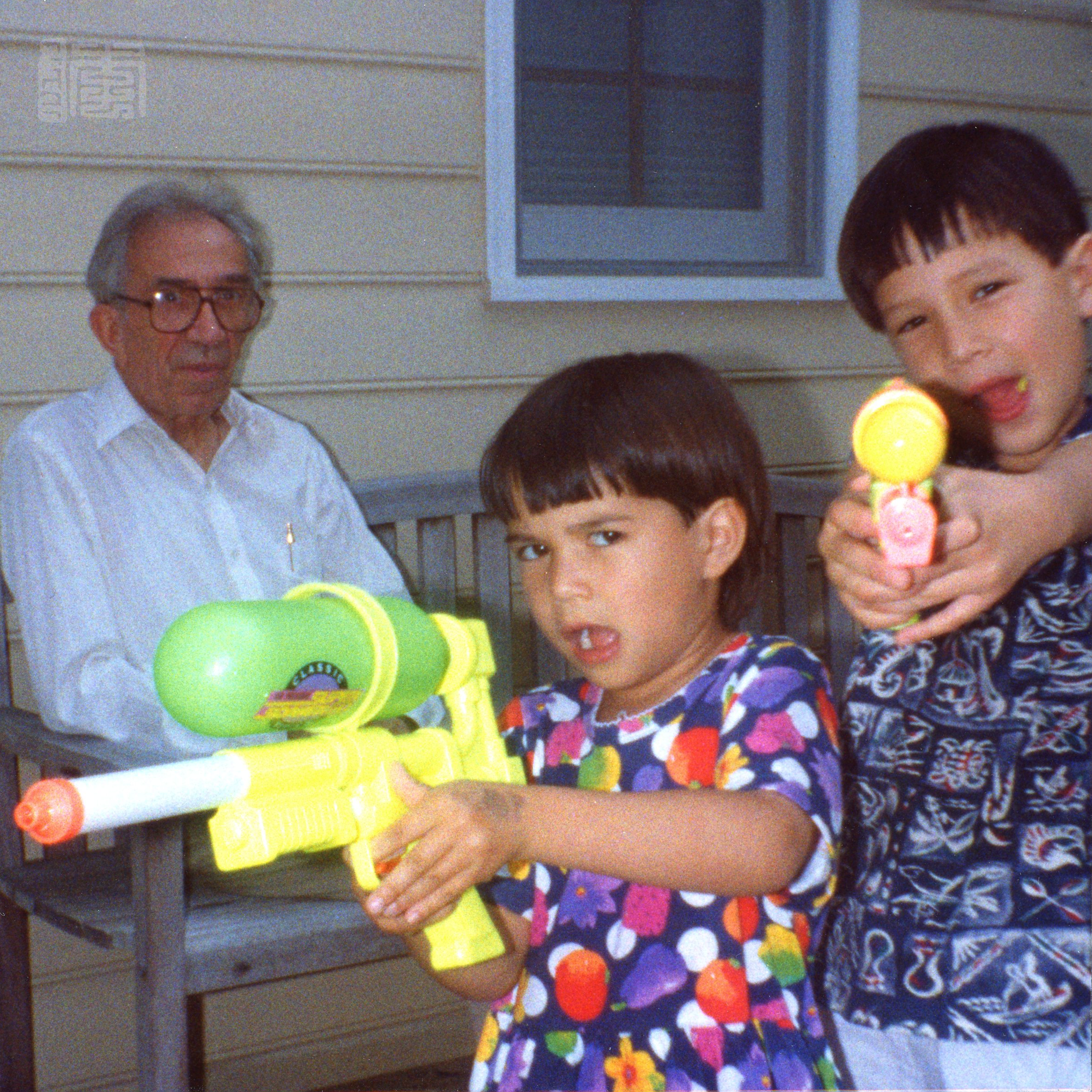
The LP’s cover is a found photo Reichman and Lee discovered while searching through their childhood archives during the pandemic. Consequently, the two were able to find an image that captured some of the themes of the LP — namely, the dread that comes with growing older. In describing the photo, Lee drew attention to the complex array of emotions among the image’s three faces: the apprehension of his sister, the jovial nature of his own expression, and how phased his grandfather looks. “I just thought it encapsulated some of the weird contradictions that you feel growing up,” Lee said, noting how the chaos of emotion strung between the faces in frame could all be felt simultaneously.
Other themes of the album are also topical to a growing national consciousness. The duo talked about conceptualizing the toxic reality of capitalism in America, and grappling with daily life amidst the corporate shuffle. The album seeks to acknowledge this reality, rather than give solutions, hoping to diversify listeners’ interpretations.
Track four, “Celery,” speaks about how humans are the subjects of capitalism’s for-profit societal model. “We’re stuck in capitalism, but we know that we’re in this exploitative system and cycle,” Lee said. “How do you break yourself out of it?” he asked. Reichman attempted to answer. “That’s why we write. It’s so complicated. Hopefully we can write something that will make someone else feel at least like they’re not like figuring this out on their own because that’s where I find peace reading how other people have thought about it,” she said.
“Wind,” the eighth track on the LP, has a transformative nature, as it hopes to put a name to humans’ complicated relationship with death. The song begins with the reality that nature will run its course as intended, represented by the wind — bringing change and possibly destruction to order; “Wind peels back the tin roof of the barn, your grandfather might have built this well / No saving it, no way, no how.” In correlation to the lyrics, MAN LEE invites dialogue on the meaning of death as it extends beyond a solitary transformation.
“We started making art and building our community and realizing that there is great solace in orienting ourselves in a way where we’re not expecting an afterlife in the conventional sense,” Reichman said. “That is hugely motivating, I find meaning in that alone.”
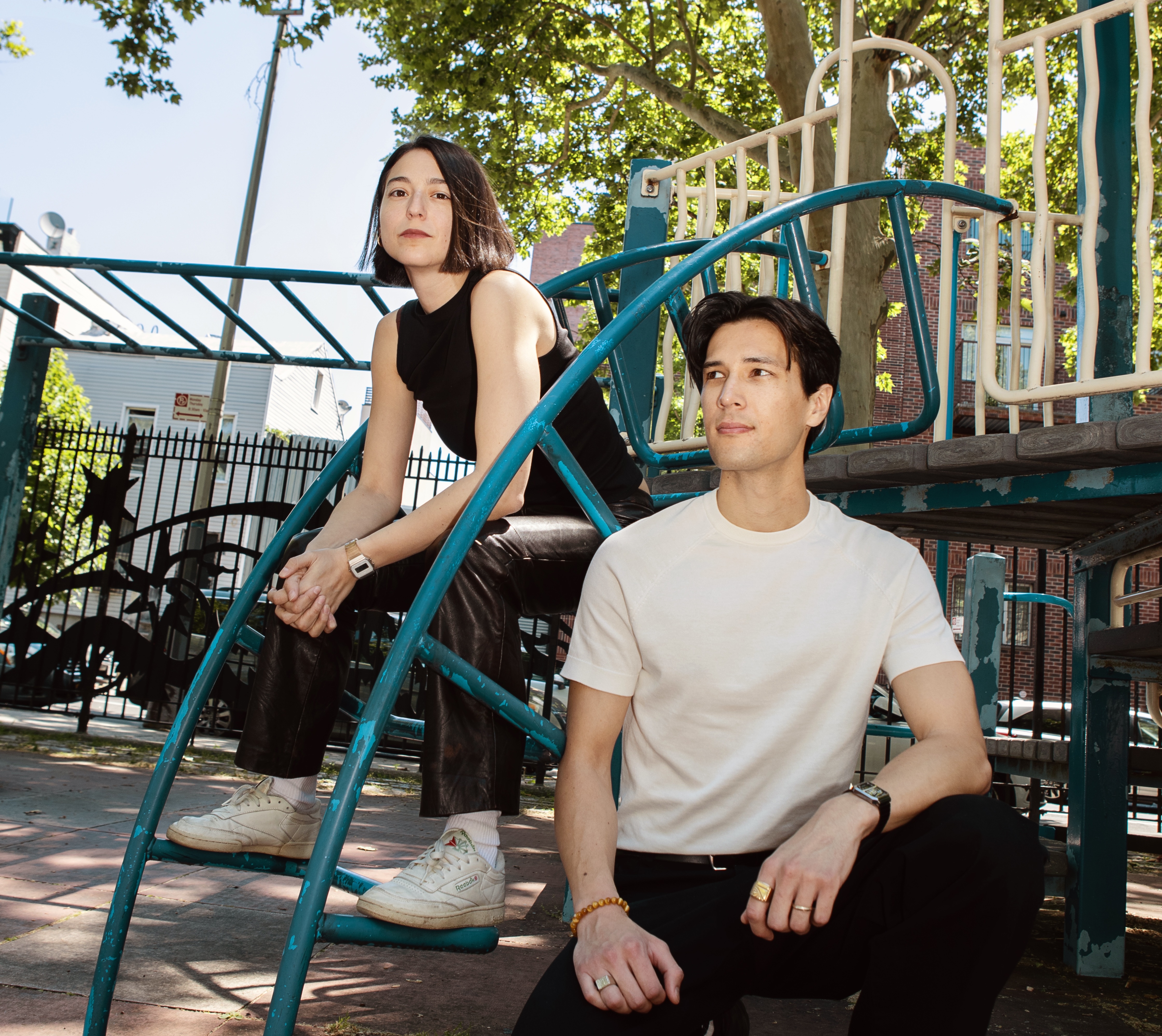
With themes touching on life and death and the systems and cycles in between, MAN LEE also acknowledges that the human experience is vast and unique to everyone. Their LP’s fluctuating interpretability hopes to honor that nuance. The LP will continue forth as a bigger project for the band as they work on new music as well as prepare for their upcoming LP release show on May 1 at the Hart Bar in Brooklyn.

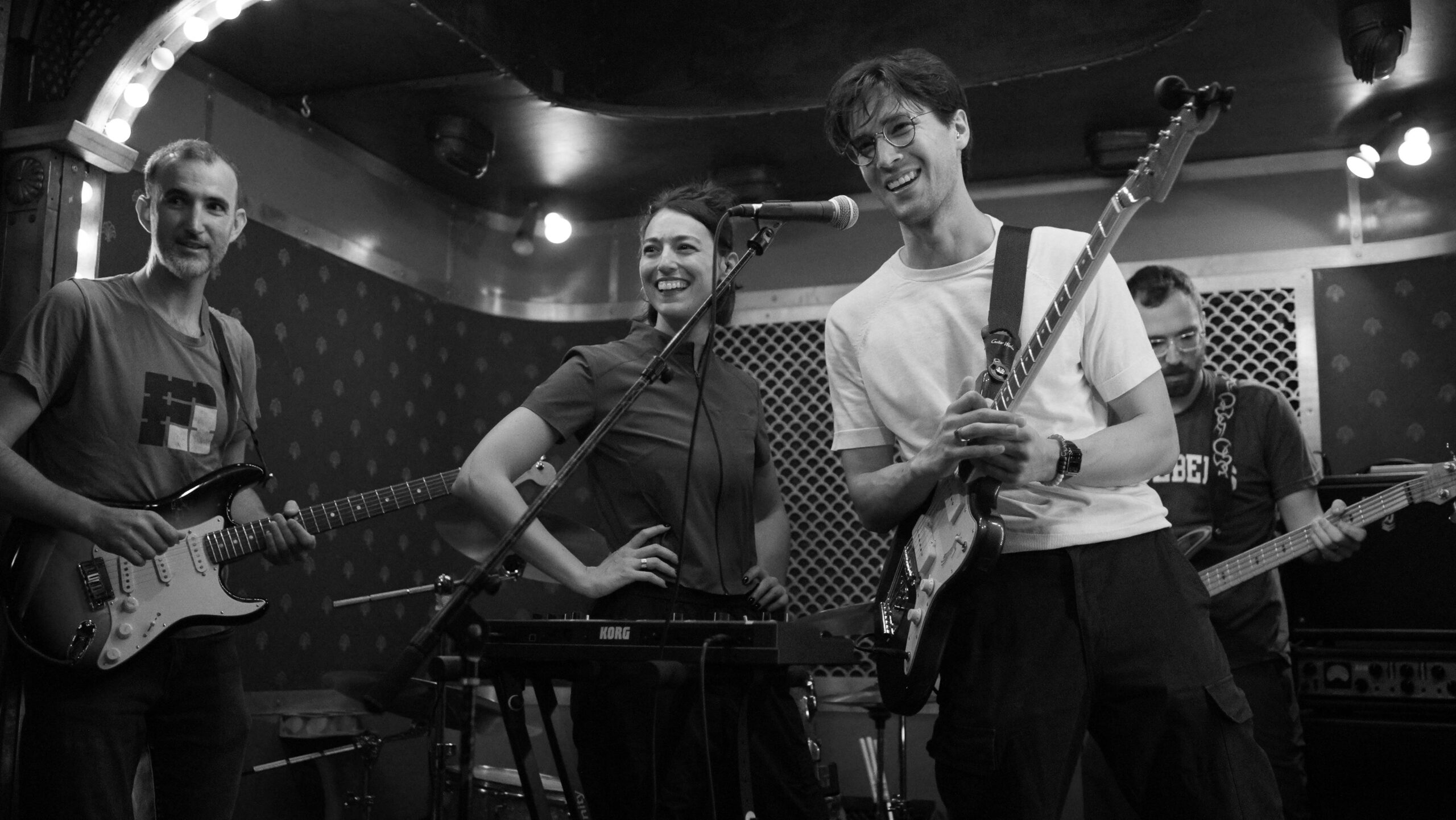

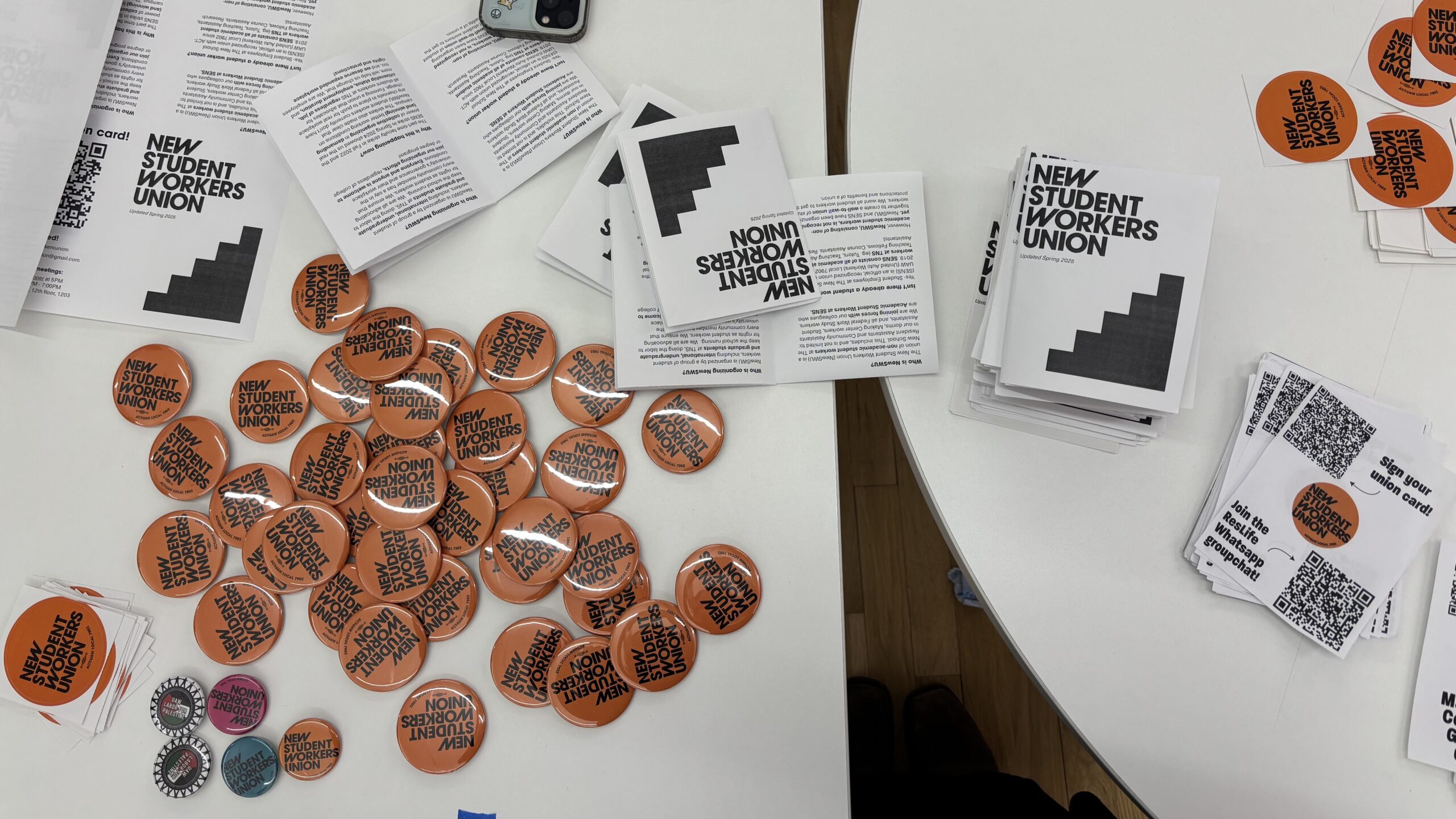
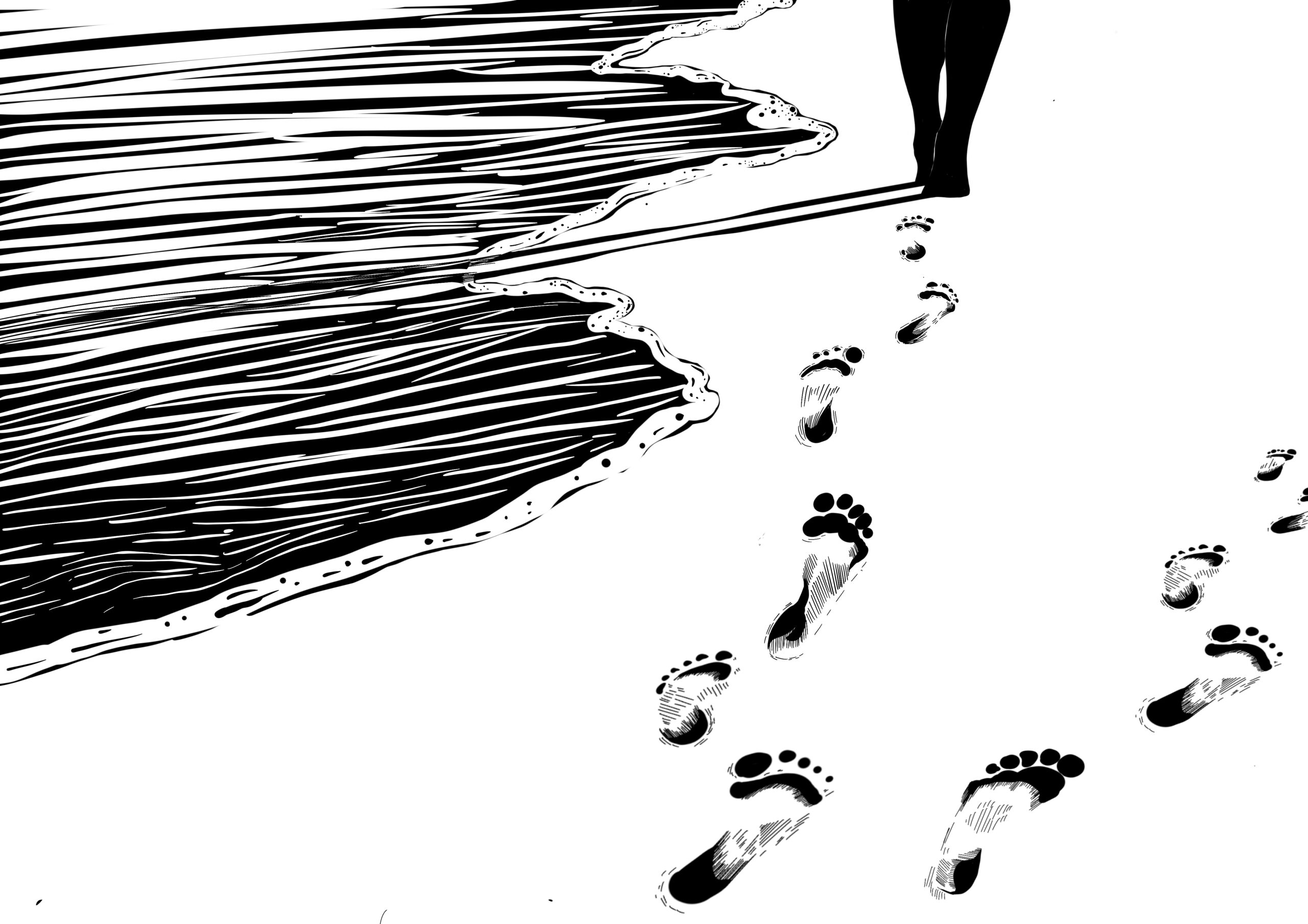
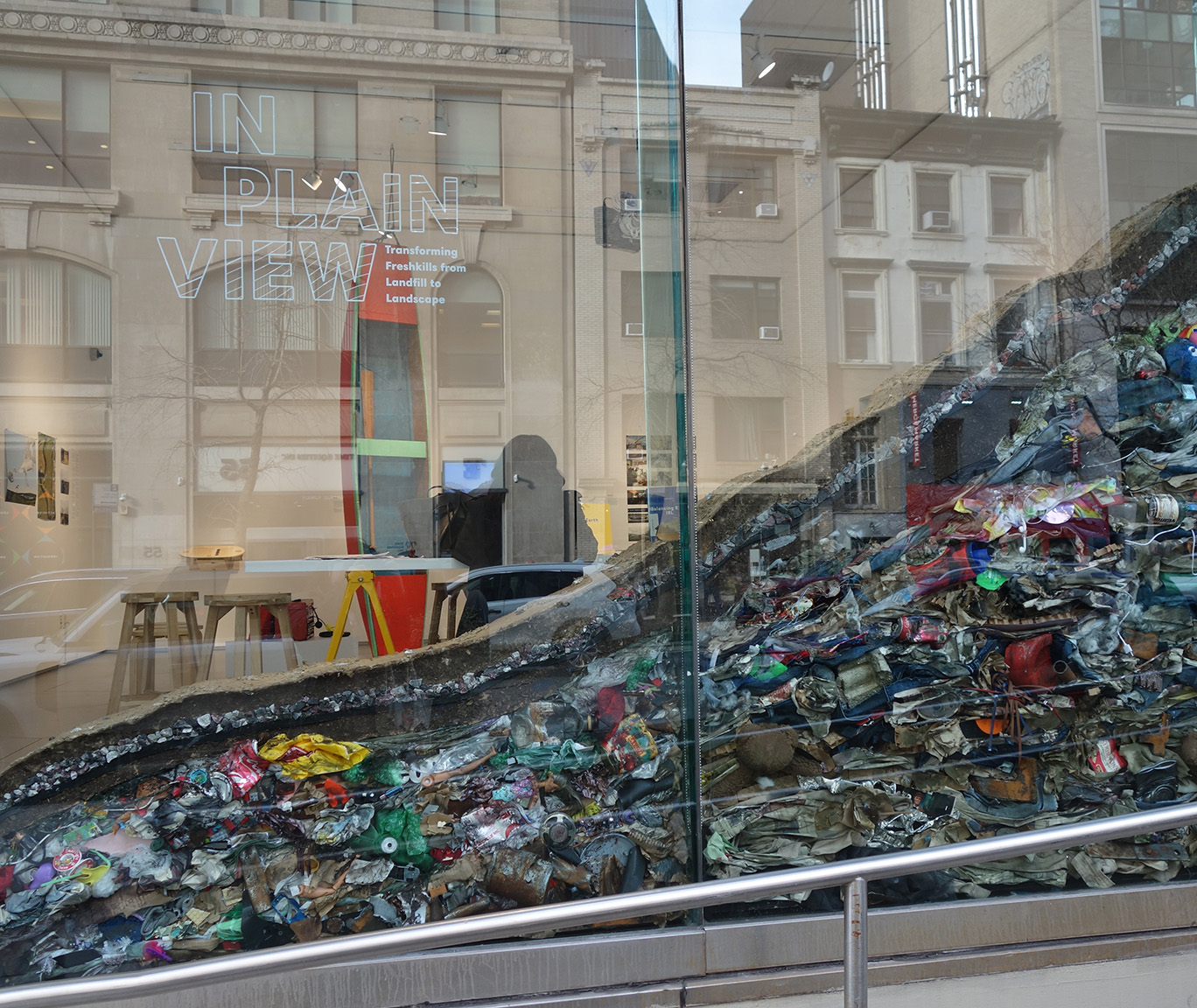

Leave a Reply